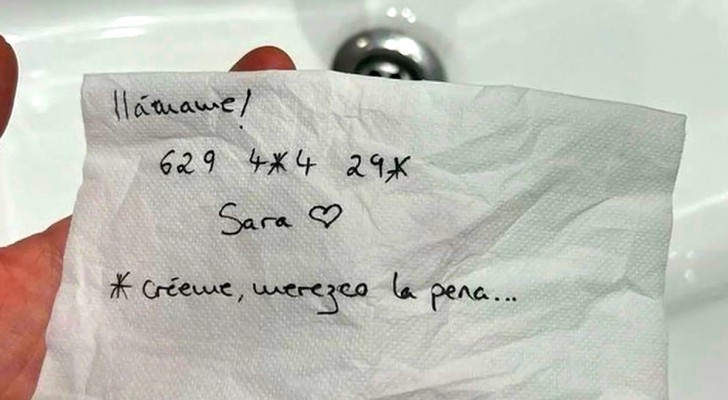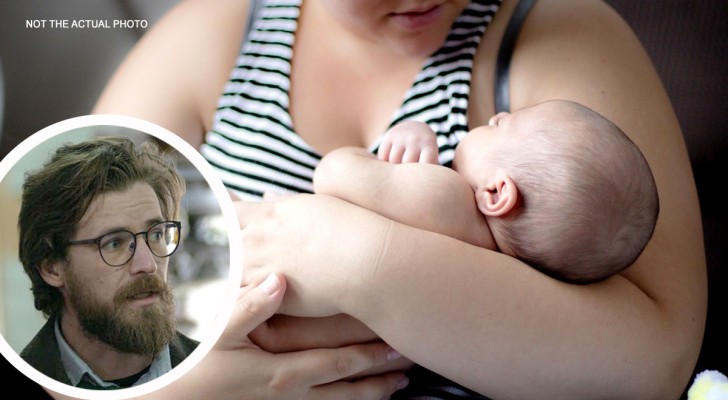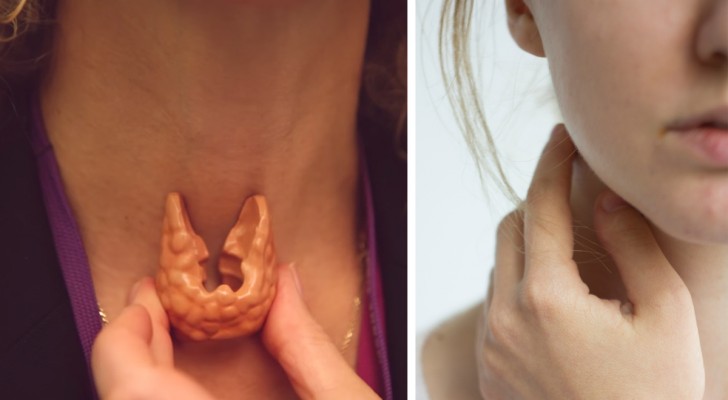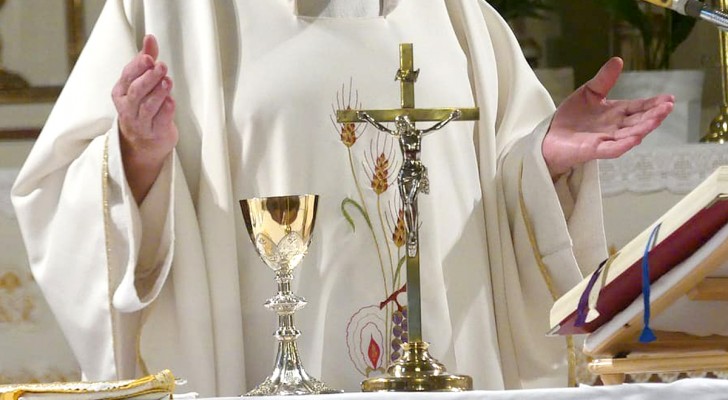He invented "igloos" for the homeless: warm and safe shelters to allow the less fortunate to survive the winter
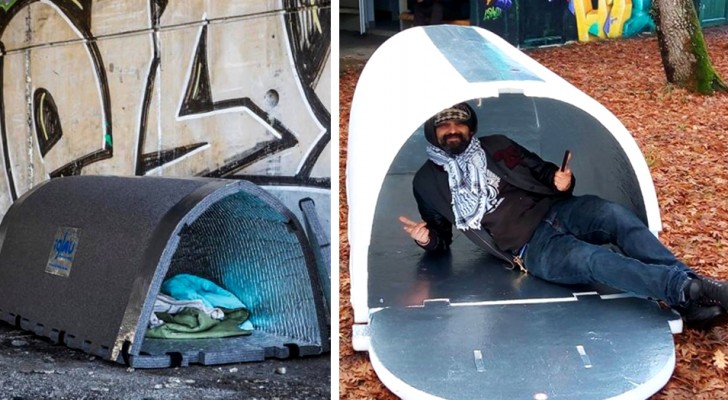
The problem of homelessness, that is of those who live well below the poverty line, without being able to afford even a room or a warm bed to sleep in, is a structural problem that won't be solved in a short time. Initiatives to stem the problem and provide better living solutions for people who find themselves with nothing left, forced to beg, exist all over the world and are more or less implemented where possible. In France, for example, a young man has devised some structures, not surprisingly called "igloos", which allow homeless people to take refuge in a safe and warm place in anticipation of winter.
via Iglou
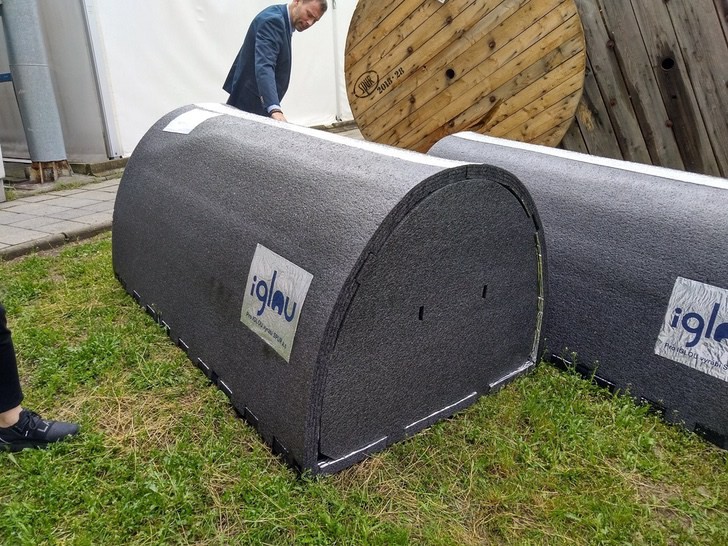
Like the rest of the world, France is faced with the fact that many people are forced to live on the streets. According to a survey conducted by the Abbé-Pierre Foundation, France has more than 250,000 people living on the street. Dizzying numbers, which inspired Geoffroy de Reynal, a French engineer, to design and build a structure that could somehow mitigate the effects of winter for homeless people. It is well known, in fact, that many homeless people end up freezing to death during the coldest months of the year, precisely because they lack any shelter.
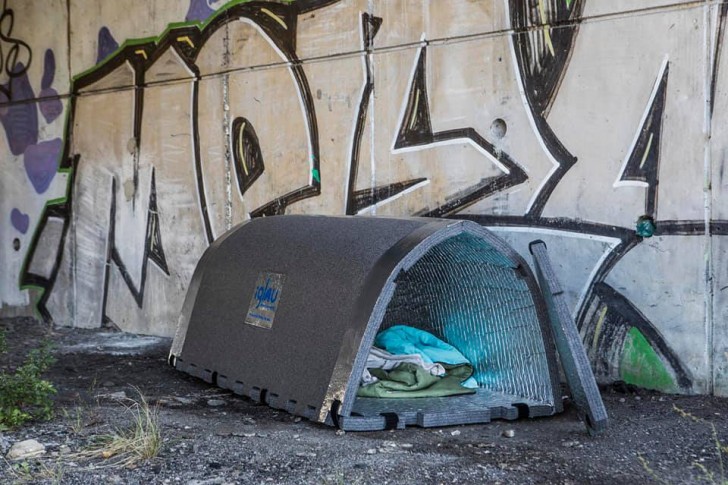
Geoffroy de Reynal has created small shelters in the shape of an igloo, portable and heat-proof. The structure, in fact, is made of polyethylene foam and aluminum foil, which in addition to helping to conserve human warmth, also provides for a more comfortable of mattress. In conclusion. a way to make these people's night a little more comfortable.
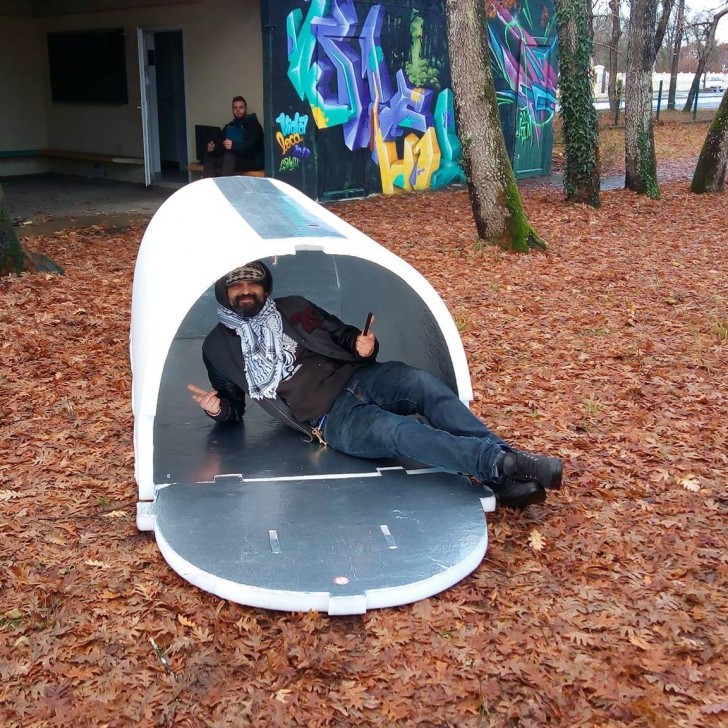
Once closed, the igloos can maintain a temperature of between 15 and 20 degrees, even during a freezing night. Each of these igloos costs $177, which is why Geoffroy wanted to set up a fundraising campaign to reach at least $5,912. Unexpectedly, his crowdfunding bid far exceeded the target amount, reaching $21,200!
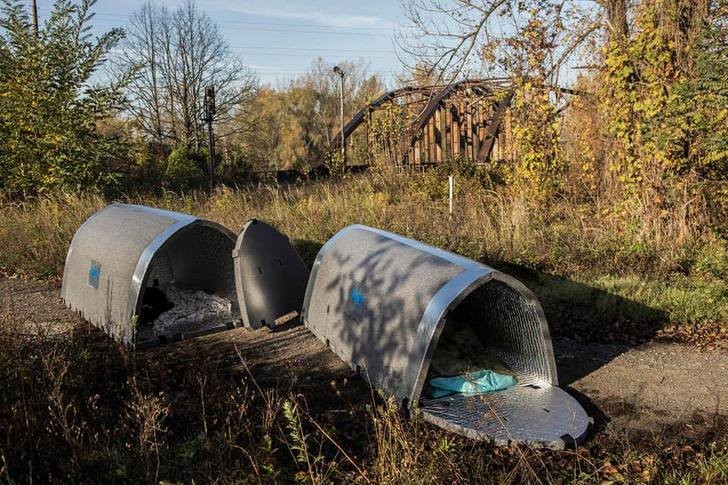
Clearly, Geoffroy knows very well that these modern igloos are not the real solution to the problem of poverty, but he firmly believes that they can be a small help that can make a homeless life slightly better.
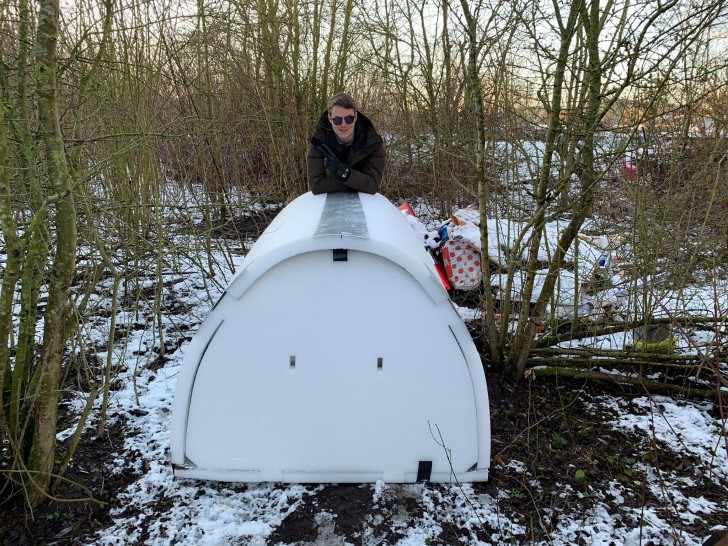
A practical solution, therefore, which could be implemented in many other countries. We sincerely hope it will be!
